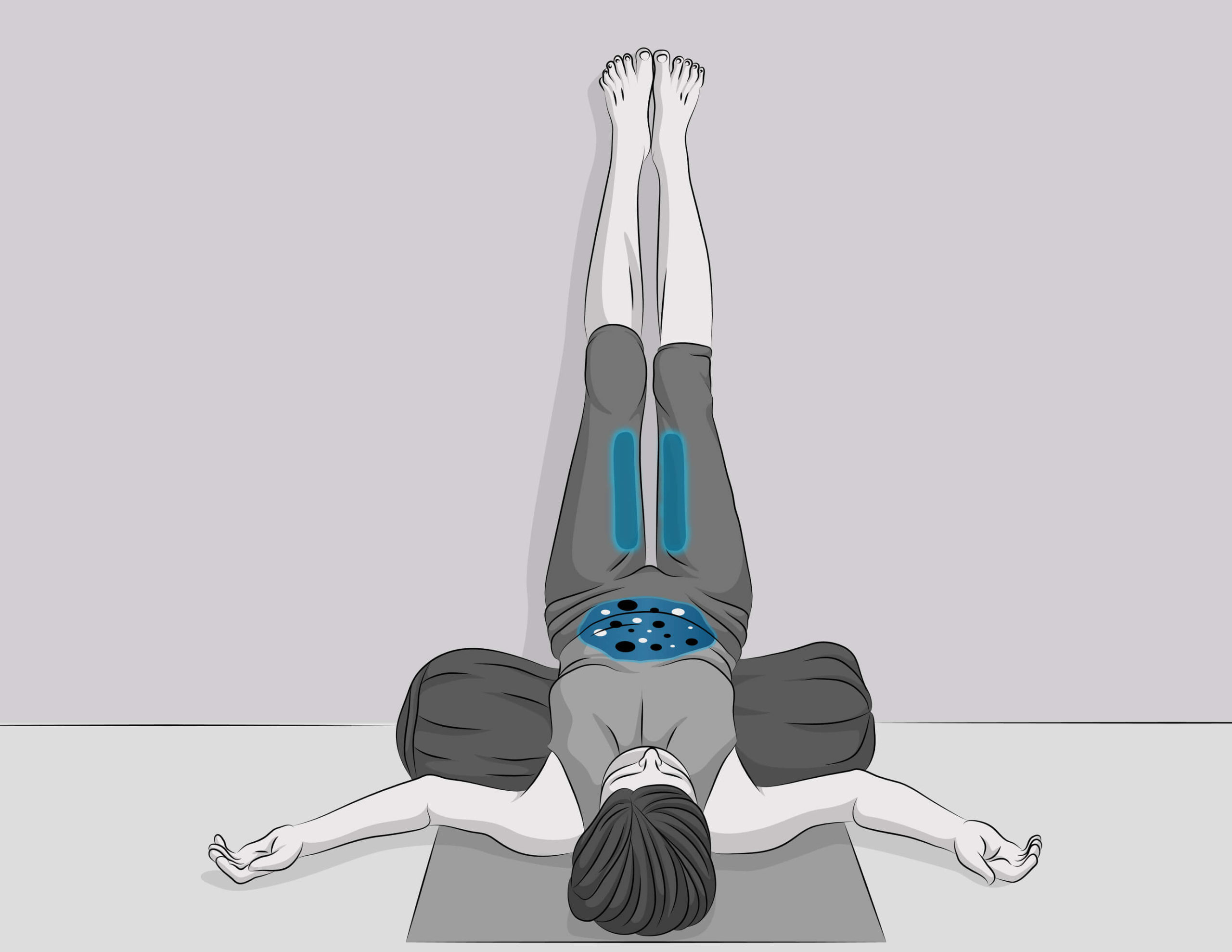Introduction to Strength Training
Strength training, also known as resistance training, involves performing physical exercises designed to improve strength and endurance. It is a key component of a well-rounded fitness program and offers a multitude of benefits for individuals of all ages and fitness levels. By incorporating strength training into your routine, you can enhance your overall health, boost athletic performance, and improve quality of life.
Key Health Benefits of Strength Training
Increased Muscle Mass and Strength
One of the most obvious benefits of strength training is the development of muscle mass and strength. As we age, we tend to lose muscle mass, a condition known as sarcopenia. Strength training can counteract this natural decline, helping to preserve and even build muscle tissue. Stronger muscles are not just aesthetically pleasing but also essential for daily functional movements such as lifting, pushing, and pulling.
Enhanced Bone Density
Strength training is vital for bone health. Like muscles, bones respond to the stress of resistance exercise by becoming stronger. Regular strength training increases bone density and reduces the risk of osteoporosis, a condition that weakens bones and makes them more susceptible to fractures. Both men and women can benefit from resistance training for better bone health.
Improved Metabolic Rate
Including strength training in your fitness regime can elevate your basal metabolic rate (BMR), which is the rate at which your body burns calories at rest. Muscle tissue is more metabolically active than fat tissue, meaning the more muscle you have, the more calories you burn throughout the day, even when you’re not exercising. This can be a significant advantage for those looking to manage their weight or body composition.
Enhanced Joint Flexibility and Stability
Contrary to popular belief, when performed correctly, strength training can improve joint flexibility. Moreover, by strengthening the muscles surrounding your joints, you can increase joint stability, which is essential for preventing injuries. Strong muscles help protect joints by absorbing the stress placed upon them during physical activities.
Better Posture and Reduced Back Pain
Strength training can also improve your posture and reduce the risk of back pain. By strengthening the core, back, and shoulder muscles, you support the proper alignment of your spine. A strong core ensures that your lumbar region is not compromised, thereby alleviating and preventing lower back pain, which is a common issue for many people.
Improved Glucose Control
Regular strength training can be particularly beneficial for individuals with type 2 diabetes or at risk of developing the disease. Resistance exercise improves insulin sensitivity and glucose uptake by the muscles. This enhanced efficiency in blood sugar management can lead to better overall control of diabetes and a reduced risk of complications associated with the condition.
Enhanced Mental Health
The psychological benefits of strength training are often underrated. Lifting weights can improve mental health by reducing anxiety, depression, and fatigue. Additionally, the endorphins released during exercise can lead to feelings of well-being and a decrease in stress levels.
Boosted Athletic Performance
Athletes from various sports can reap significant rewards from strength training. Improved muscular strength and endurance can enhance performance, making athletes faster, more powerful, and more resilient against injuries. It’s a critical component for any competitive sport, be it on an amateur or professional level.
Conclusion
Incorporating strength training into your fitness routine is an effective way to enhance your health and improve your quality of life. The benefits extend far beyond muscle definition, impacting bone density, metabolic rate, joint health, posture, blood sugar control, mental health, and athletic performance. With a proper training program tailored to your individual needs, you can unlock the transformative power of strength training and thrive in all aspects of your physical wellbeing.




